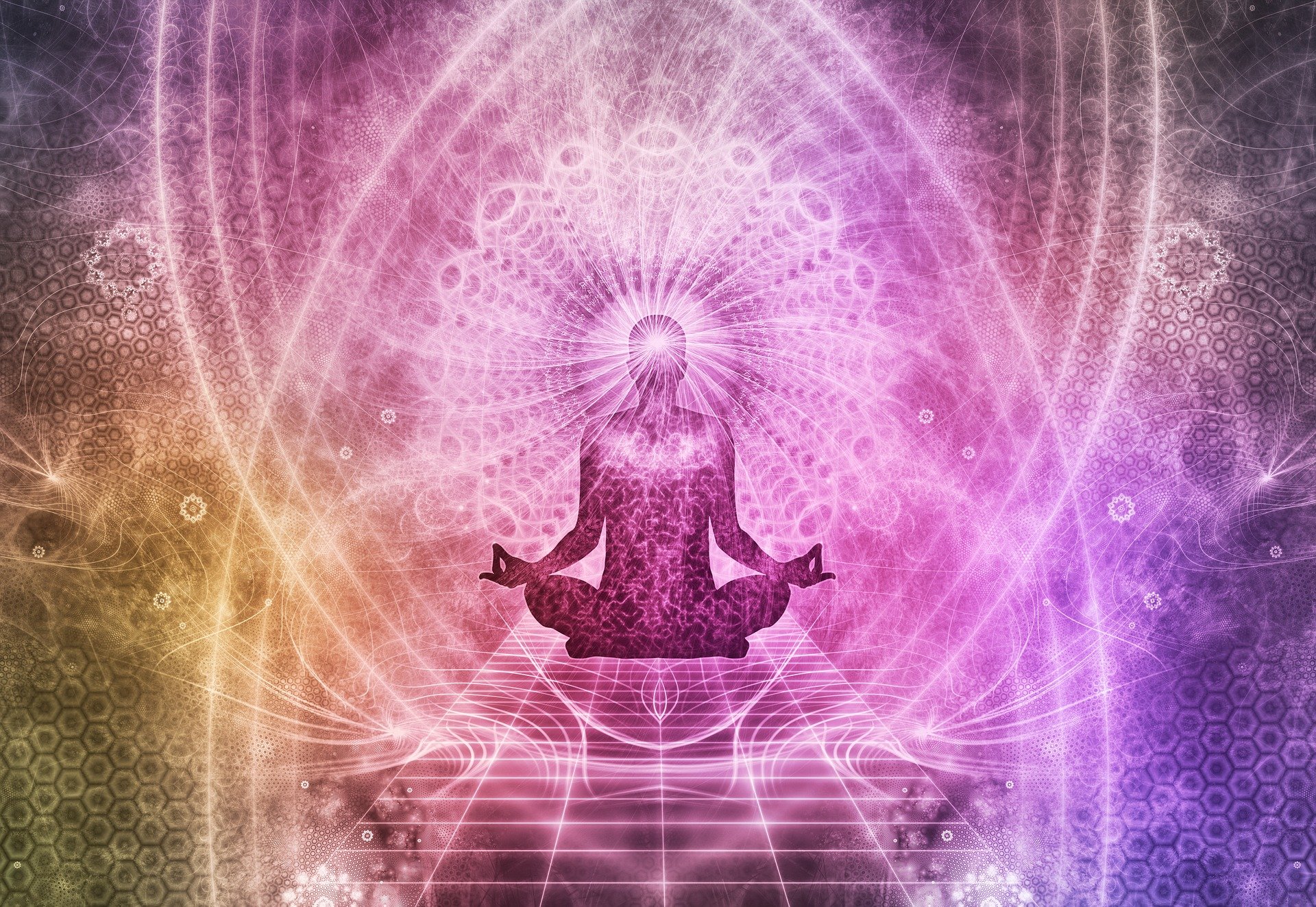Ekadashi is an auspicious day in the Hindu lunar calendar. It holds deep spiritual and religious significance in the heart of every Hindu household. The day celebrates the 11th day of the waxing and waning moon; which comes twice a month. Ekadashi is a time for fasting, introspection, and heightened devotion. This ancient practice has been revered by millions for centuries and continues to be an integral part of Hindu culture. It offers spiritual upliftment and physical detoxification.

The Origin and Importance of Ekadashi
The word “Ekadashi” is derived from the root word ‘Ekadash’ in Sanskrit; which means eleven. Thus, the word becomes self-explanatory as the 11th day of the lunar month. It marks the 11th day in both the Shukla paksha and the Krishna paksha.

Legend states that Mundanav desired a battle with Lord Vishnu; the preserver and protector of all creation. The Danav was confident in his victory due to a boon. The boon protected him from death at the hands of any man. Lord Vishnu knew of the Danav’s strategy, and so he produced a beautiful Devi from his 11 spiritual ‘Indriyan’ to fight the Danav. Thus, the Danav fought the deity and lost his life in the battle. Thereafter, this victorious Devi is known as Devi Ekadashi, born from Lord Vshnu’s 11 Indriyan.
Hindus worship this deity by observing a fast to cleanse the divine ‘Aatma’ that resides in all humans. Additionally, practitioners of the Hindu religion state that a deep meditative state on Ekadashi can lead the path to lasting peace and tranquility in the body, mind, and soul. Most believe that an Ekadashi fast is successful if a person is able to withdraw his 5 senses, 5 motor organs, and mind from the chaos of the world around him. The 5 senses are touch, taste, sound, sight, and smell.
And the 5 motor organs of hands, feet, reproductive organs, mouth, and respiratory organs. Observing Ekadashi is also considered a way to remove negative energies and seek blessings from the divine Lord Vishnu and Devi Ekadashi.
Significance in Today’s World
Ekadashi is an opportunity for spiritual seekers to intensify their devotion, mindfulness, and self-discipline. Hindus believe that by fasting on this day, one can attain spiritual purification and gain divine blessings. Thus, by refraining from indulgences and material desires, individuals are encouraged to focus on spiritual growth, self-control, and detachment from the material world.

Apart from its spiritual significance, Ekadashi fasting also offers various health benefits. Fasting is known to cleanse the body of toxins and aid in digestion. The ritual fast allows the digestive system a rest. Moreover, it promotes detoxification in the body which helps to rejuvenate the entire system. Additionally, fasting is linked with improved metabolism. Thus, modern Indians can observe Ekadashi fast as a weight management program with the added benefits of enhanced mental clarity.
Different Ekadashi Observance
There are 24 Ekadashi observances throughout the year. Each one has its own unique significance. In the years that have ‘Adhik Maas’ or an extra month, the total number of Ekadashi changes to 26. The shukla paksha Ekadashi in the Adhik Maas is called the Padmini Ekadashi. This day is believed to be extremely auspicious in comparison to all the others.
Hindu devotees choose to observe different Ekadashis based on their individual beliefs and practices. Some of the most prominent Ekadashis include:
- Nirjala Ekadashi Fast: The toughest and purists’ way of marking this day in the Hindu lunar month involves a strict waterless fast. Hindu devotees abstain from food and water for 24 hours, showing their utmost dedication to Lord Vishnu.
- Vaikuntha Ekadashi Celebration: This day is celebrated as the ‘Gateway to Vaikuntha’; the abode of Lord Vishnu. Vishnu temples celebrate this day with grand festivities across India.
- Devshayani Ekadashi: This marks the beginning of the Chaturmas or four-month period when devotees believe that Lord Vishnu goes to sleep in Ksheersagar or the cosmic ocean. The day is celebrated with foods related to ritual fasting. Most devotees abstain from tamasic food including a non-vegetarian diet.
- Moksha Ekadashi: This day is celebrated as the day when Lord Krishna, an avatar of Vishnu, delivered the Gita to Arjun in the Kurukshetra war zone.
There are many more ways that Ekadashi is marked as a day of importance and fasting. The Hindu legends and tales are filled with instances of boon and favor granted to those who observe the dharmic rituals on this day. Thus, the diverse ways and different observances of the 11th day of the Hindu lunar month are a tranquil celebration of self and the divine.
Conclusion
Ekadashi is a sacred day of spiritual significance and physical rejuvenation to the modern Indian. It offers an opportunity for Hindus to deepen their connection with the divine and purify themselves from within. Thus, on this day fasting, praying, and meditating devotees seek to transcend material desires and gain spiritual insights.
Ekadashi continues to be a treasured tradition in Hindu culture, providing spiritual nourishment and promoting overall well-being. Therefore, upholding the sanctity of Ekadashi enables the common HIndu to embark on a transformative journey of inner growth and spiritual enlightenment.


